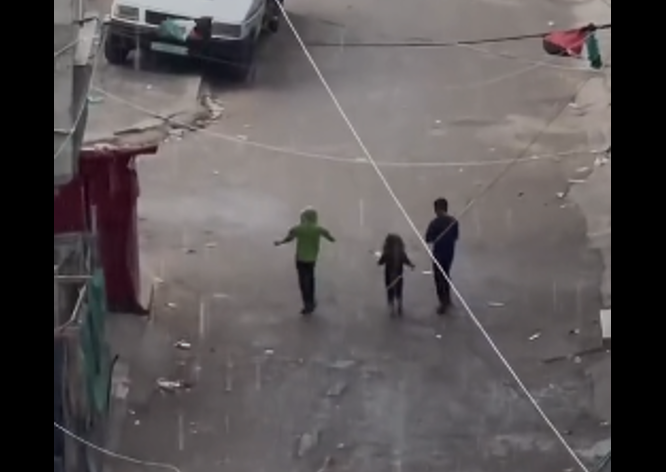Essential measures to safeguard children from getting infections during rainy season
29-Jun-2024There is an increased risk of developing the following diseases during the rainy season in children.

Fluctuation in temperature and cold and damp air can be harmful to children leading to infections related to the nose and throat as well as allergic respiratory disorders resulting in obstruction of the breathing passages.
There is an increased risk of developing the following diseases during the rainy season in children.
1. Gastrointestinal diseases: This can be caused due to various reasons such as eating street food that was made in an open area or unclean surroundings where the chances of food contamination increase. Drinking or eating food and liquids that are exposed to various harmful germs can lead to experiencing symptoms like diarrhea, pain in abdomen, bloating and episodes of vomiting. Food poisoning is common so adequate precautions need to be followed.
2. Respiratory infection: Sudden changes in the temperature can promote propagation and transmission of respiratory germs and weaken children's immune systems, making them more prone to being affected with respiratory infections. Heavy rain can significantly contribute to air pollution which can pose a danger to children. By inhaling this polluted air, children can experience various respiratory-related issues like cough, sore throat, sneezing, wheezing and cold.
3. Dengue and malaria: Water stored in open containers or buckets for various household purposes can become shelter for dangerous mosquitoes like Aedes and Anopheles, which are vectors of dengue and malaria respectively. These mosquitoes breed in stagnant water, puddles, and water in flower pots, and containers. Children can experience various symptoms like fever, excessive sweating, chills, fatigue, pain behind their eyes, and skin irritation and rashes.
Safeguard your children from rainy season related ailments.
1. Children should avoid wading through the rainwater.
2. Keep the surroundings clean, do not let water stagnate near the house or in pots, tyres, or drums - to reduce the risk of dengue and malaria.
3. Wear appropriate clothing like full-sleeved t-shirts with jeans or pants, which can easily cover the entire body to avoid getting bitten by mosquitoes.
4. Avoid eating street food or junk food which is prepared in outdoor spaces where there is an increased chance of contamination due to harmful germs; instead try eating home cooked healthy fresh food.
5. Parents must ensure the child eats a well-balanced diet that boosts immunity.
6. Get into a shower after coming from outdoors especially during heavy rainfall, to wash off the germs.
7. Don't self-medicate when it comes to fever and cold in children or try any home remedy. The child should be taken to the doctor for prompt medical attention before the symptoms worsen.
8. Restrict your children from frequently touching or rubbing their eyes with dirty and unwashed hands as it can increase the risk of eye infection.







